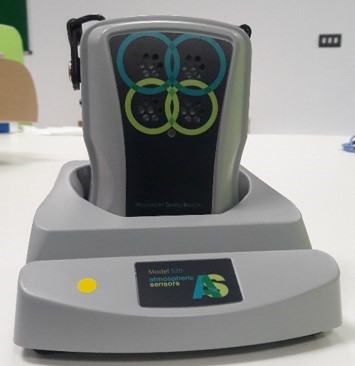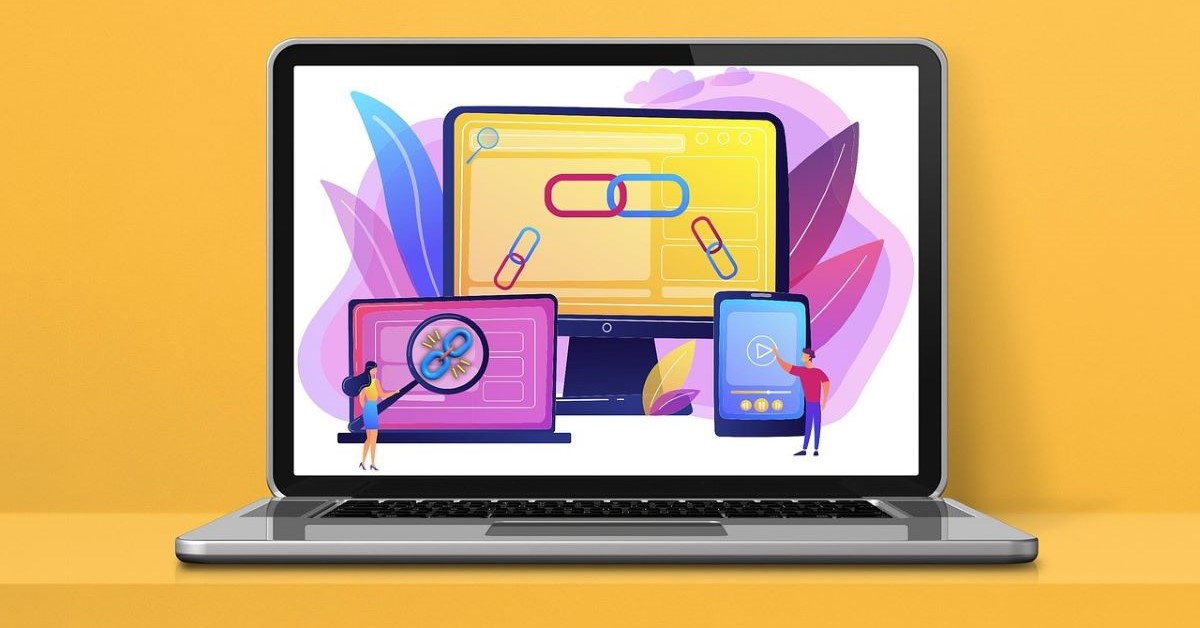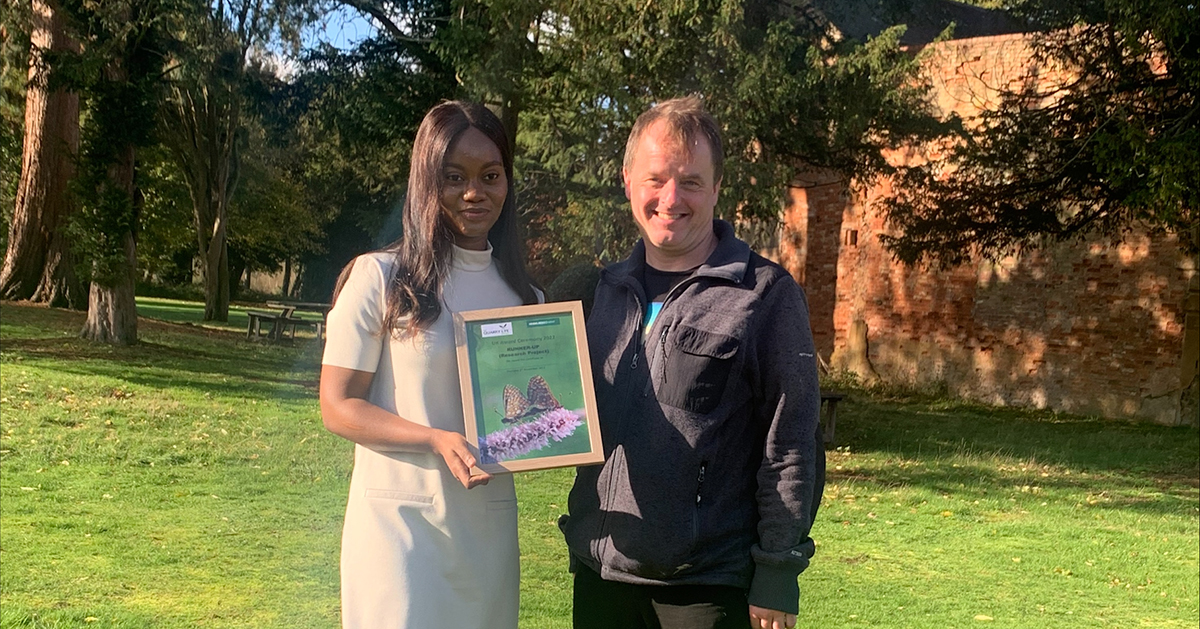Improving air quality monitoring in developing countries for better public health and higher quality of life (Ghana case study)
10/02/2018

According to the World Health Organisation (WHO), 6,500 people die every year in my home country of Ghana as a result of poor air quality. This is a staggering number, especially for a country of less than 27 million people. What’s more, it is rarely featured in the media, and yet malaria, HIV-AIDs and the big six “killer” diseases feature regularly. This, in part, is why I decided to undertake a research degree with Cranfield University.
Air pollution is a major risk factor in human health, and is damaging to our climate, ecosystems and agriculture. In children, it affects cognitive development, harming their future prospects and contributions to society. It is also a large economic burden, as it is linked to an increase in both the number of deaths and morbidity. There is, however, a lack of scientific evidence on sources of air pollution in developing economies, which is a fundamental requirement for the development of environmental policies and guidelines. This is because air quality monitoring is difficult in developing economies for a number of reasons, including mismanagement of resources, lack of governmental support, lack of expertise with current technical know-how, expensive “traditional” air quality monitoring equipment and a lack of adequate regulation and enforcement of laws where they do exist.

Air pollution in Ghana
In the light of this, my research seeks to use cutting-edge, low-cost, high-density network environmental and remote-sensing technologies to develop regionally specific methodologies for air quality monitoring in logistically difficult environments. These sensors, developed by Atmospheric Sensors Limited (ASL) UK, offer us the opportunity to collect air quality data at a faster rate, both accurately and in near-real time (active). The sensors are robust, operate on low-power and are easy to use. And, compared to the “traditional” air quality monitoring sensors, they do not require infrastructure for operation. In addition, the measurements from these sensors are transferred via GPRS and can be accessed anywhere in the world. The inbuilt GPS offers us the opportunity to record the location and time, which can help to develop appropriate models for air quality forecasting that are regionally specific – all really helpful for the scientists and institutions around the world that are supporting countries like Ghana to improve their air quality and, ultimately, people’s lives.
[su_column size=”1/3″]
Mobile air quality sensor
In the short term, my research will determine which air quality monitoring methodologies are the most appropriate to address this problem. It will also help to develop policy that will inform appropriate authorities on the development and implementation of environmental guidelines, and also to regulate the use of this emerging technology for air quality monitoring. In the long-term, I am confident that the quality of life in these regions will be improved as the resources in the environment will be sustainably used to harness growth and development, free from air pollution. And that means improved life prospects for my compatriots, and when the learnings are shared further afield, for all the citizens of the world.
Categories & Tags:
Leave a comment on this post:
You might also like…
How do I cite… quotations from video content in the APA7 style
When you quote from another source in your writing, you would traditionally include a page number in your in-text citation. But what do you do when there are no pages? How would you cite a ...
Using what you read in what you write – Summarising, paraphrasing and quoting other authors
University life involves a serious amount of reading and writing. We study the work of other people to inform ourselves about a topic. When we then re-use that knowledge to create our own work, we ...
Referencing in APA7: Using shortened URLs
As you may be aware, when you are referencing a website or any internet-based source you need to include the source URL. For most conventional reference lists, it is fine to include the URL or ...
Quarry Life and Cranfield Life
It might be thrilling to push yourself past your comfort zone, but it can also leave you feeling anxious and self-conscious. What if this is unsuccessful? What if I'm not as talented as I ...
School of Management Library closes on Thursday 31 July
The School of Management Library in Building 111 will permanently close on Thursday 31 July at 5pm. Some equipment and furniture will move to Kings Norton Library next week (w/c 21st July), staff will move on ...
Getting started on your business and management thesis or research project
Doing a research project, whether it's a thesis, business plan, internship or consultancy project can be a daunting task, and you might have some questions around how to get started. This post is intended to ...






